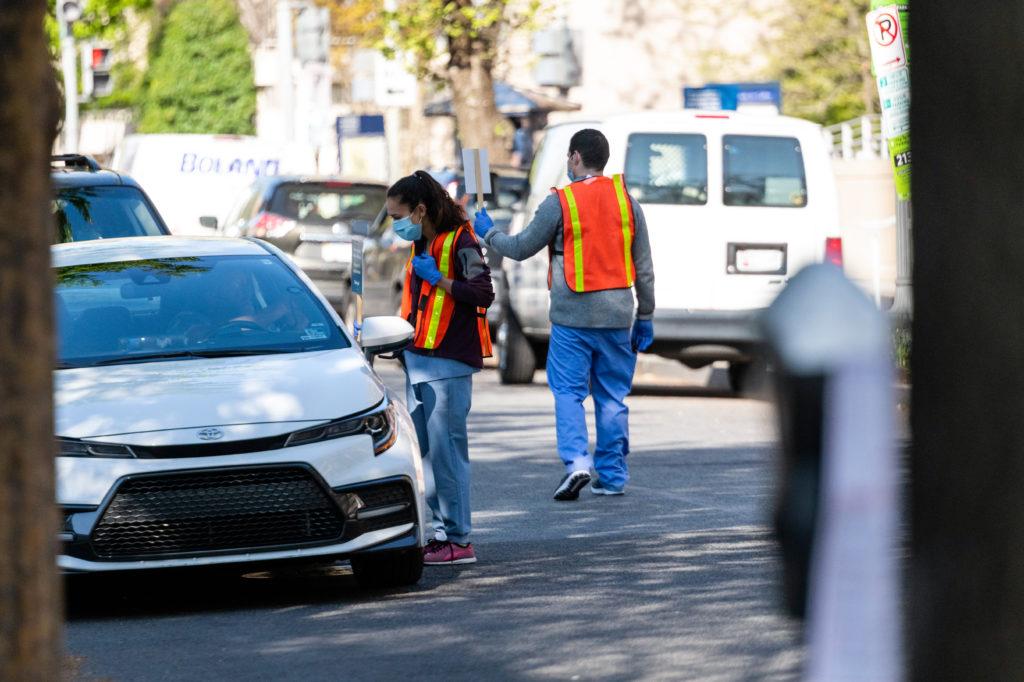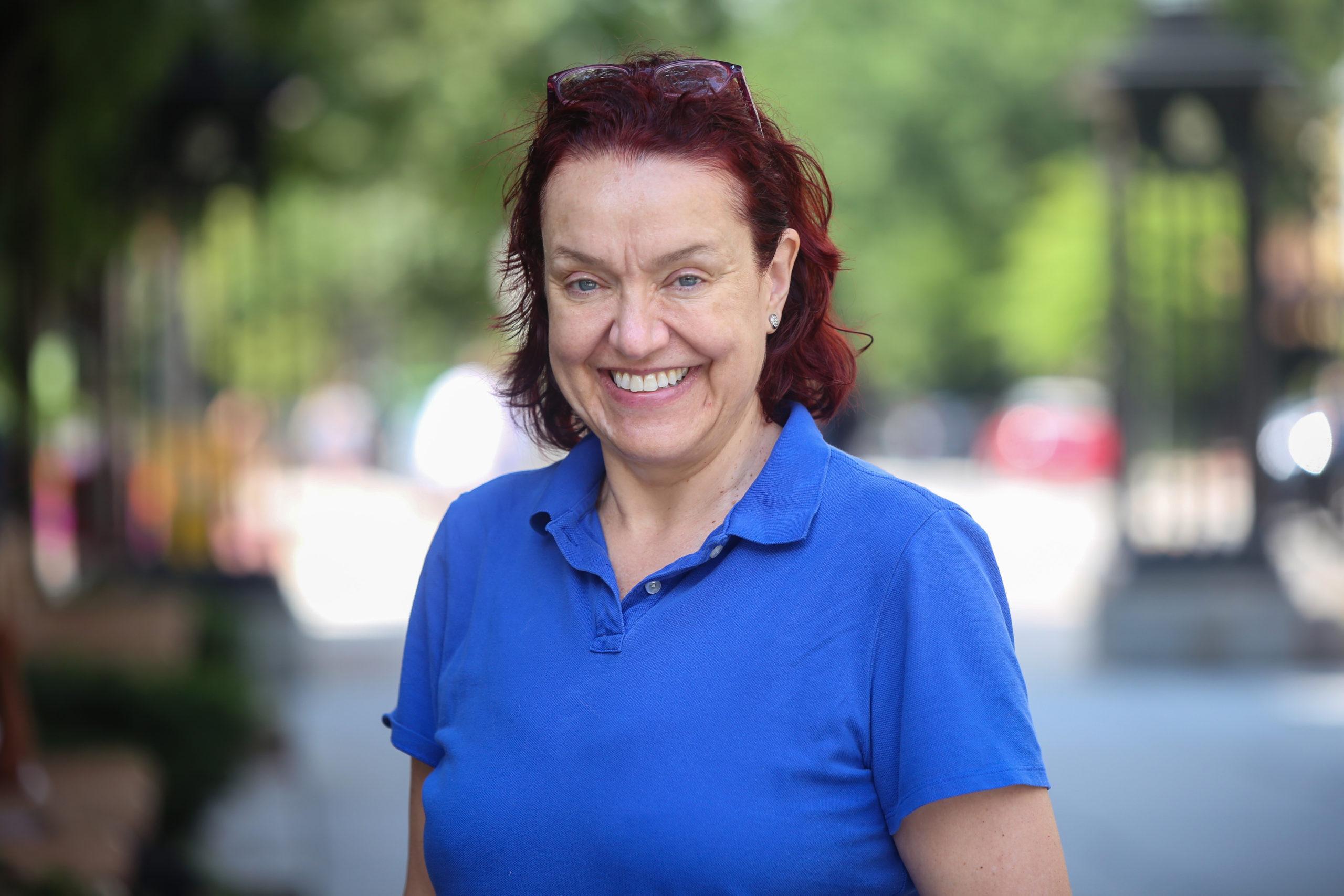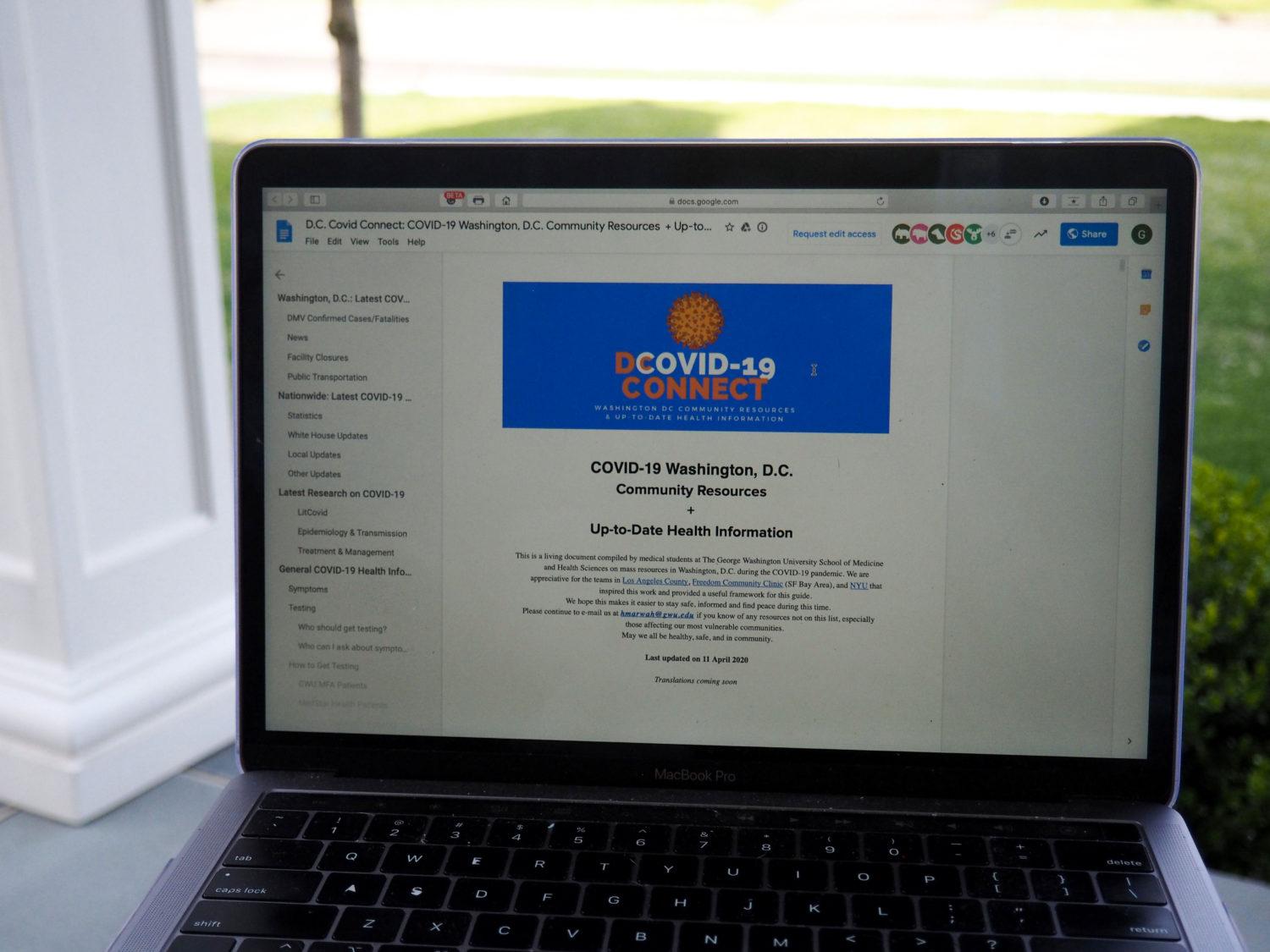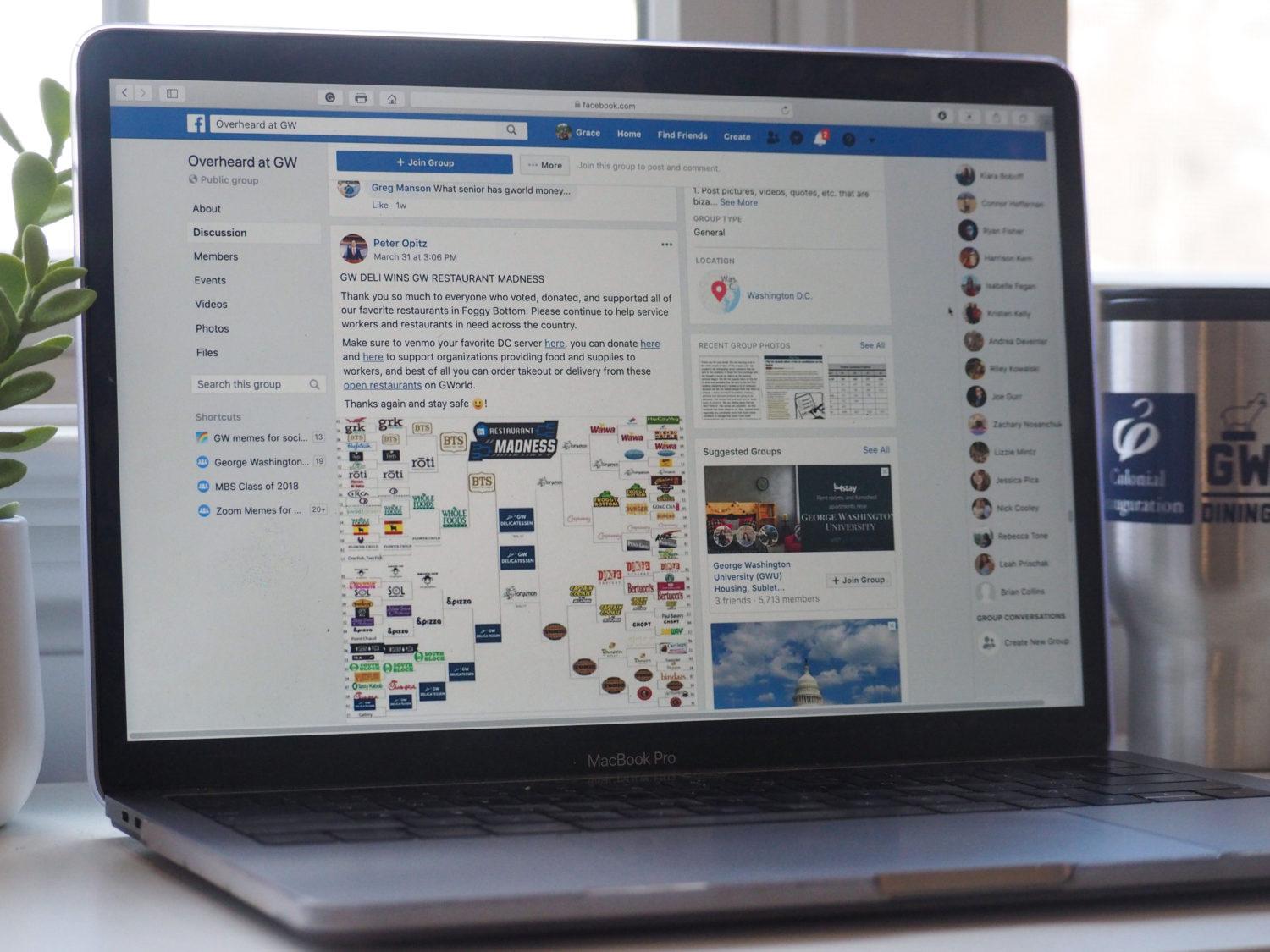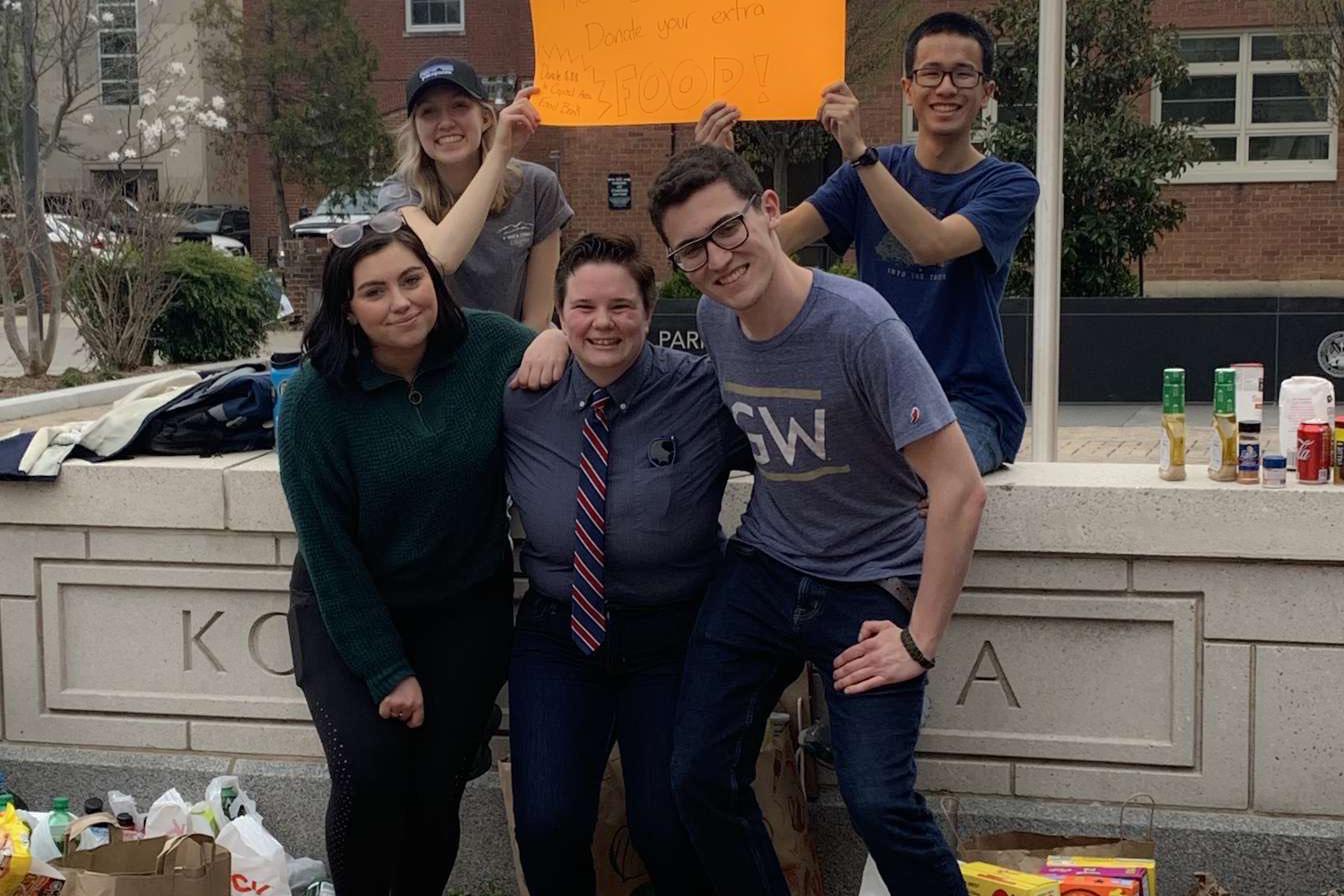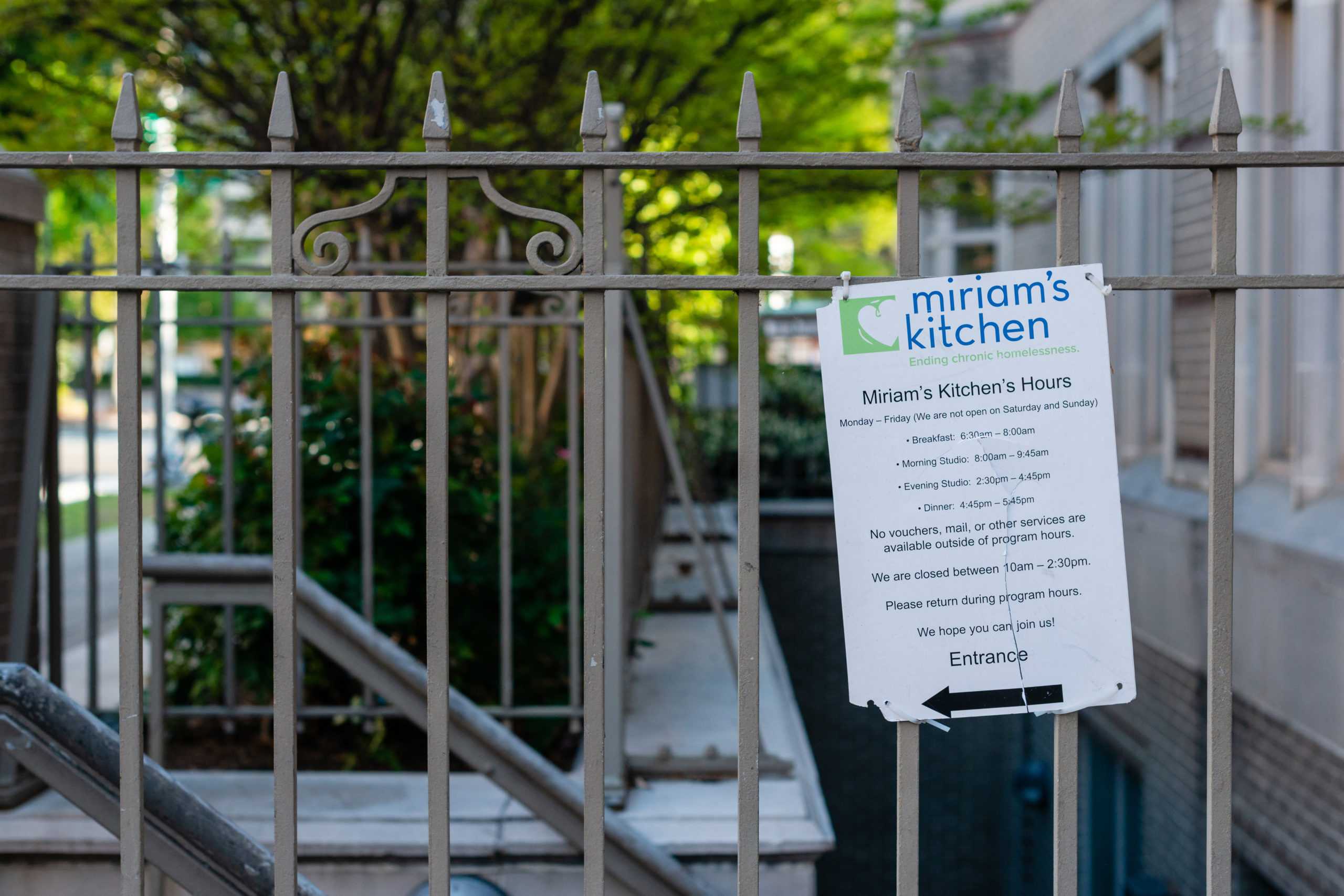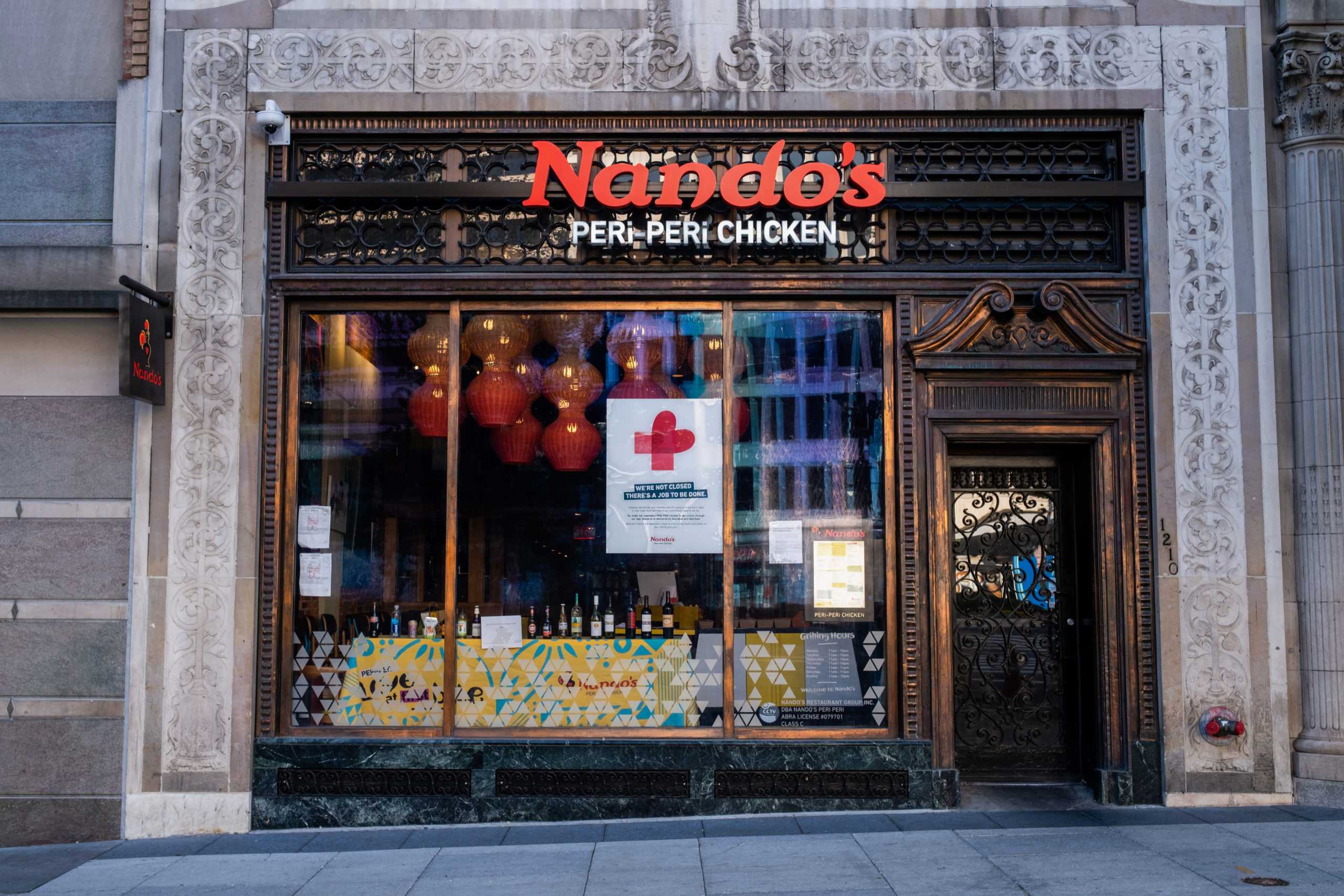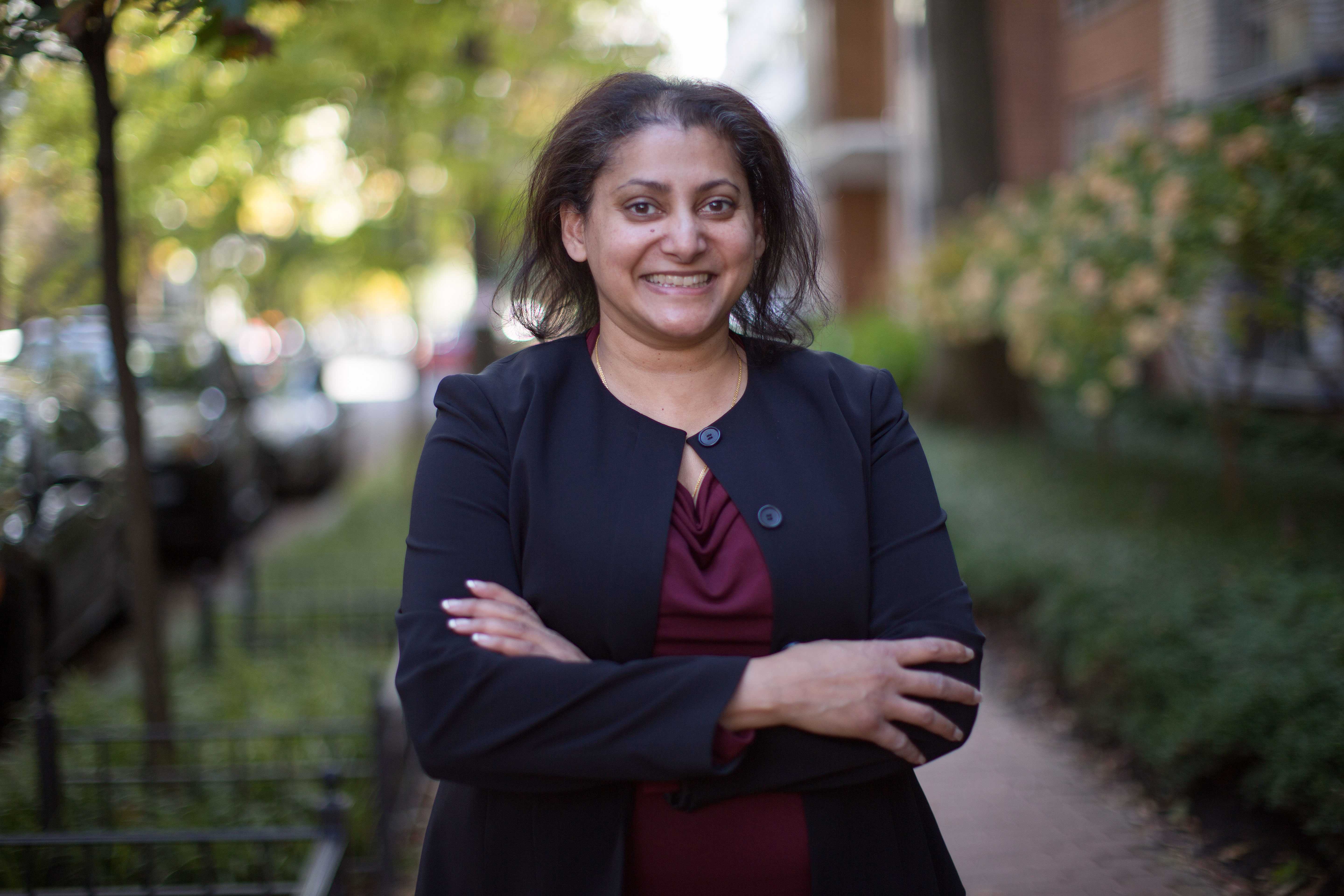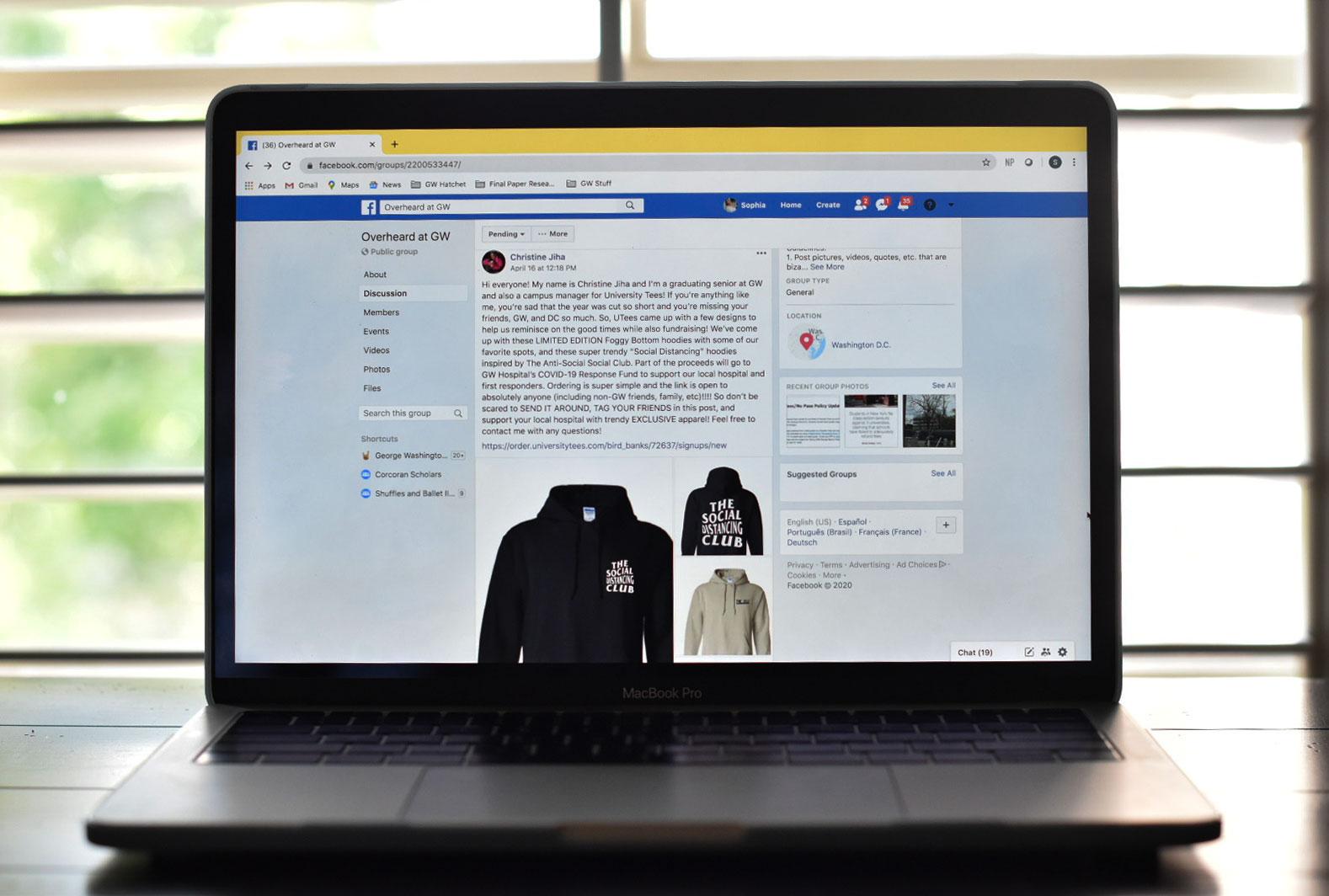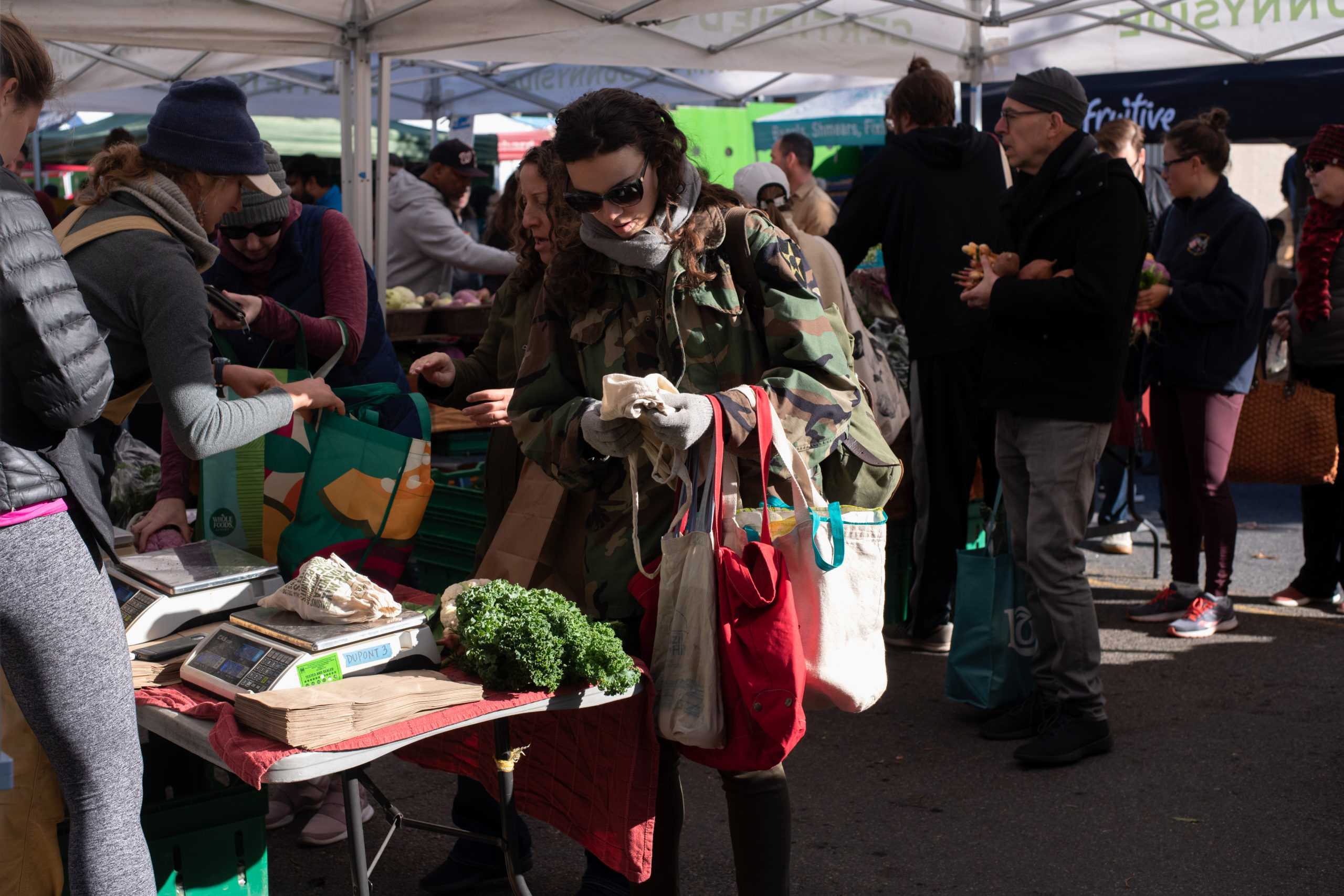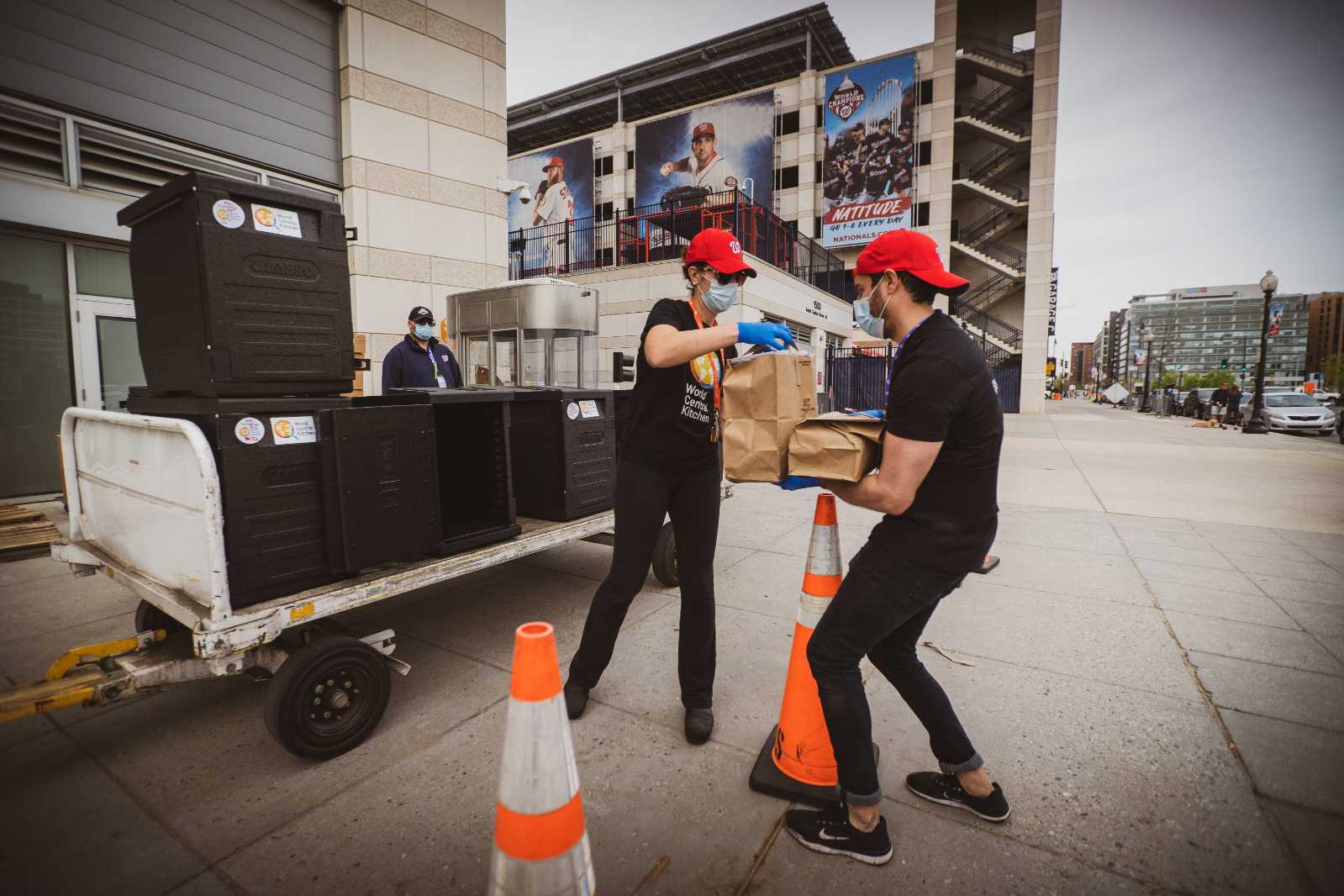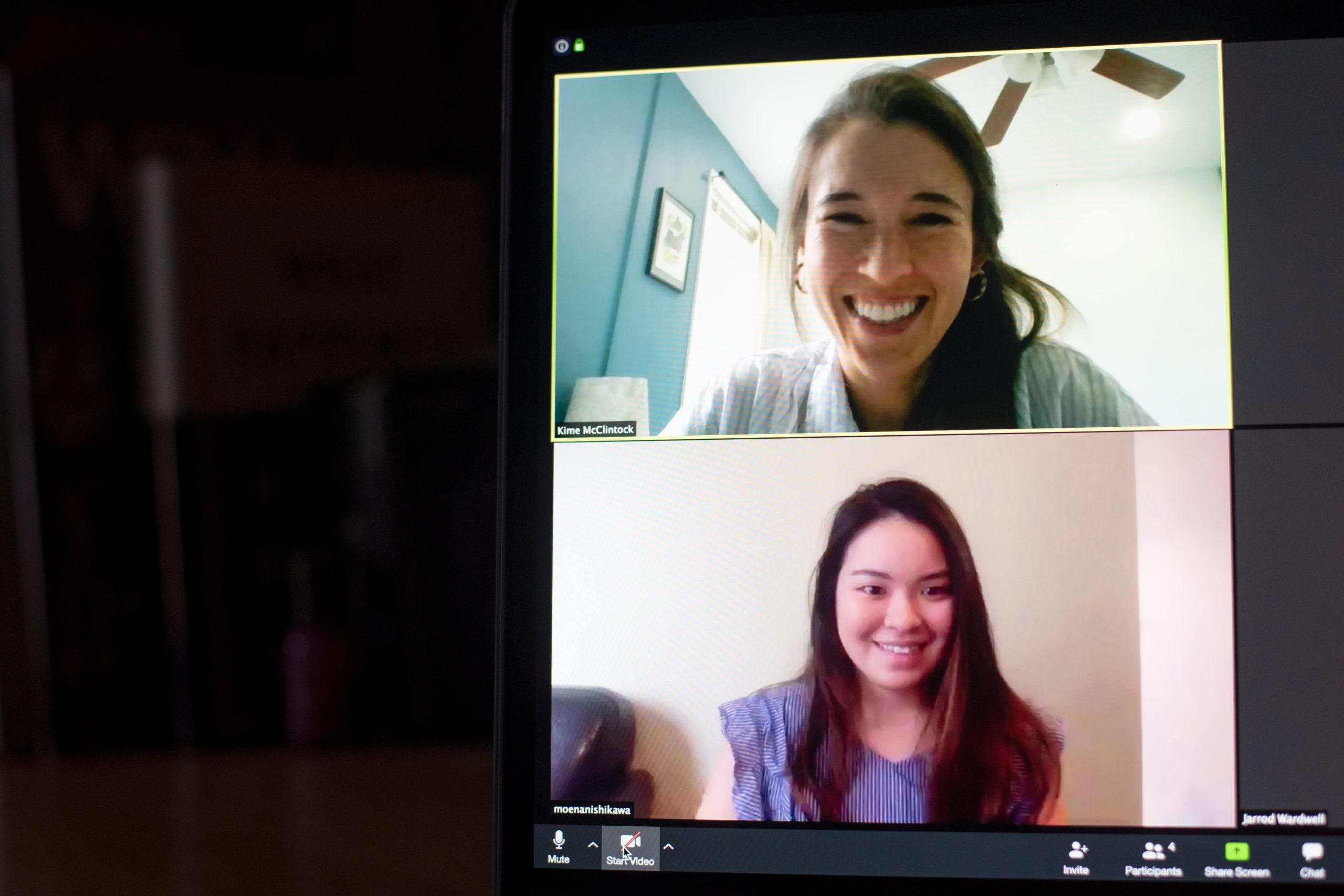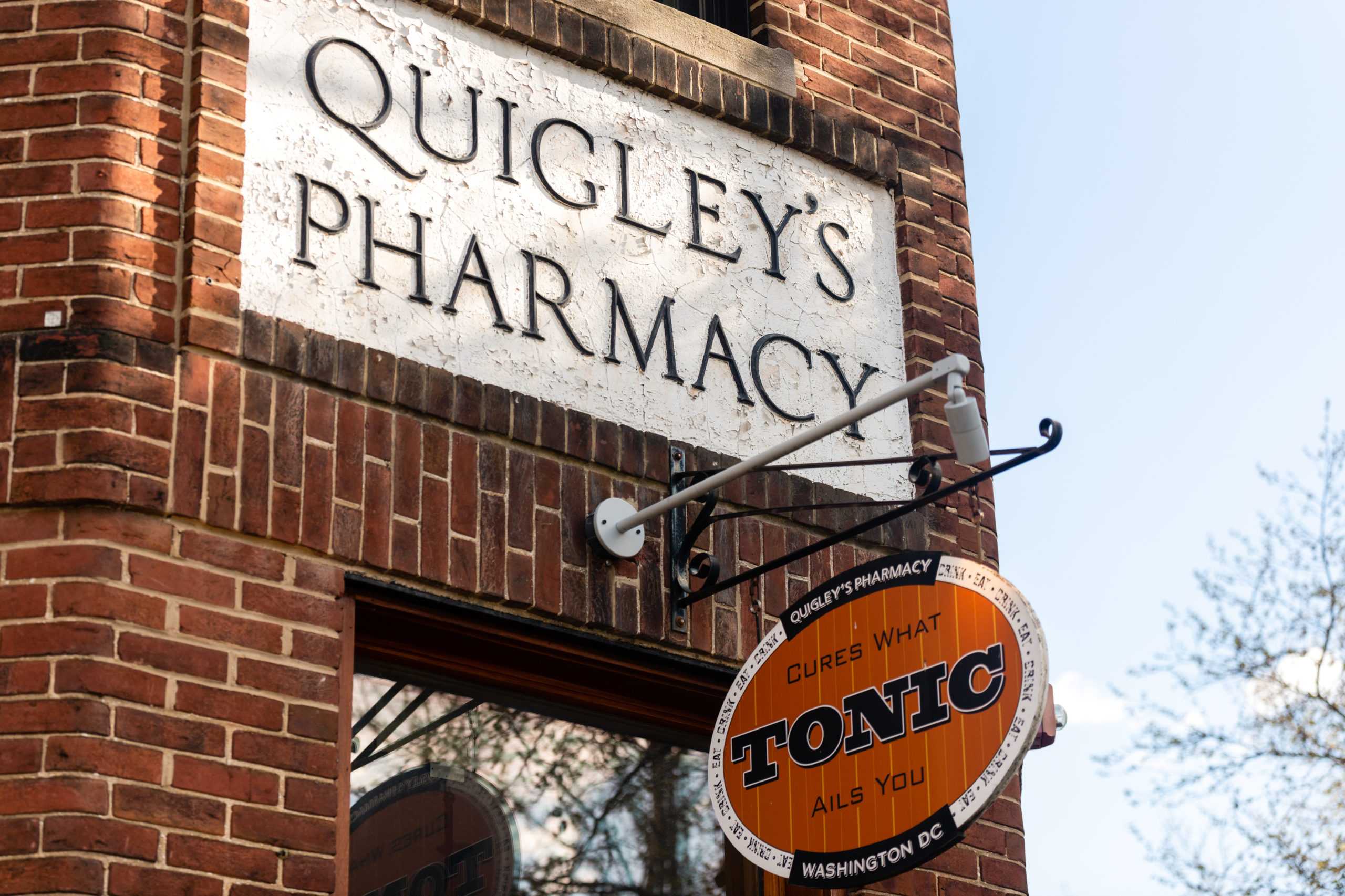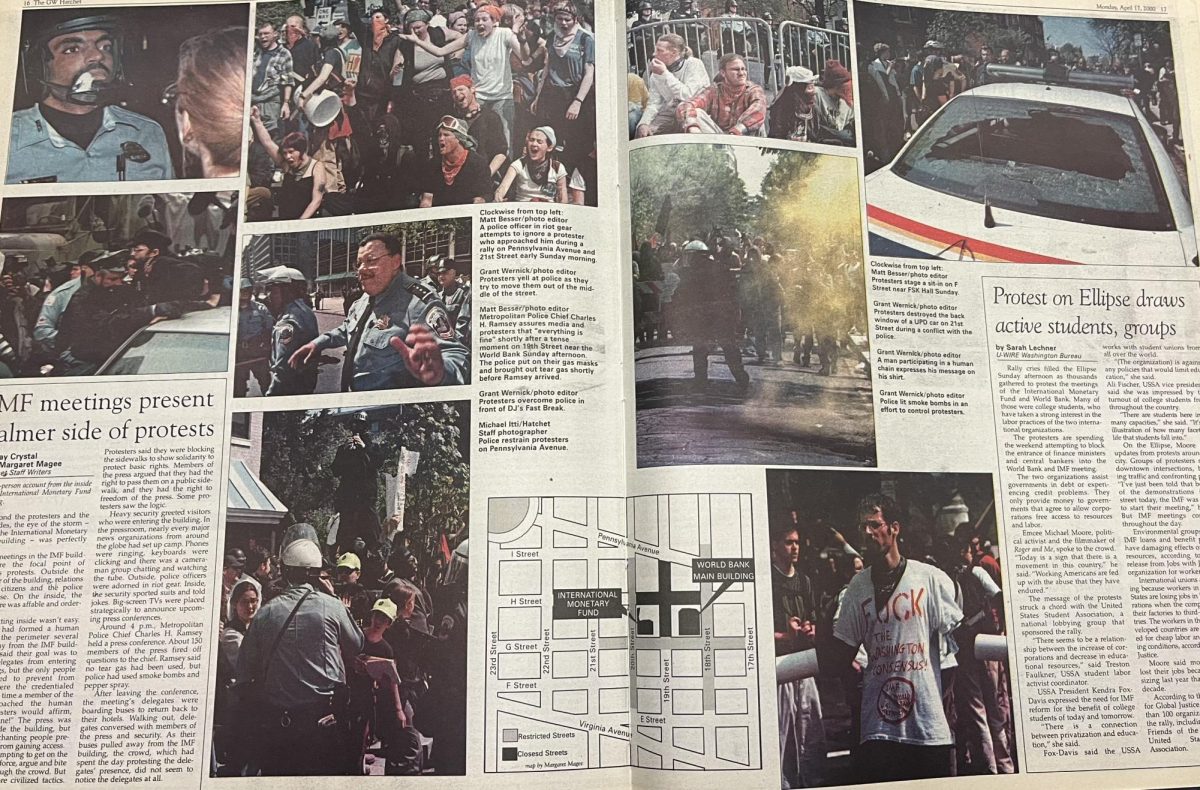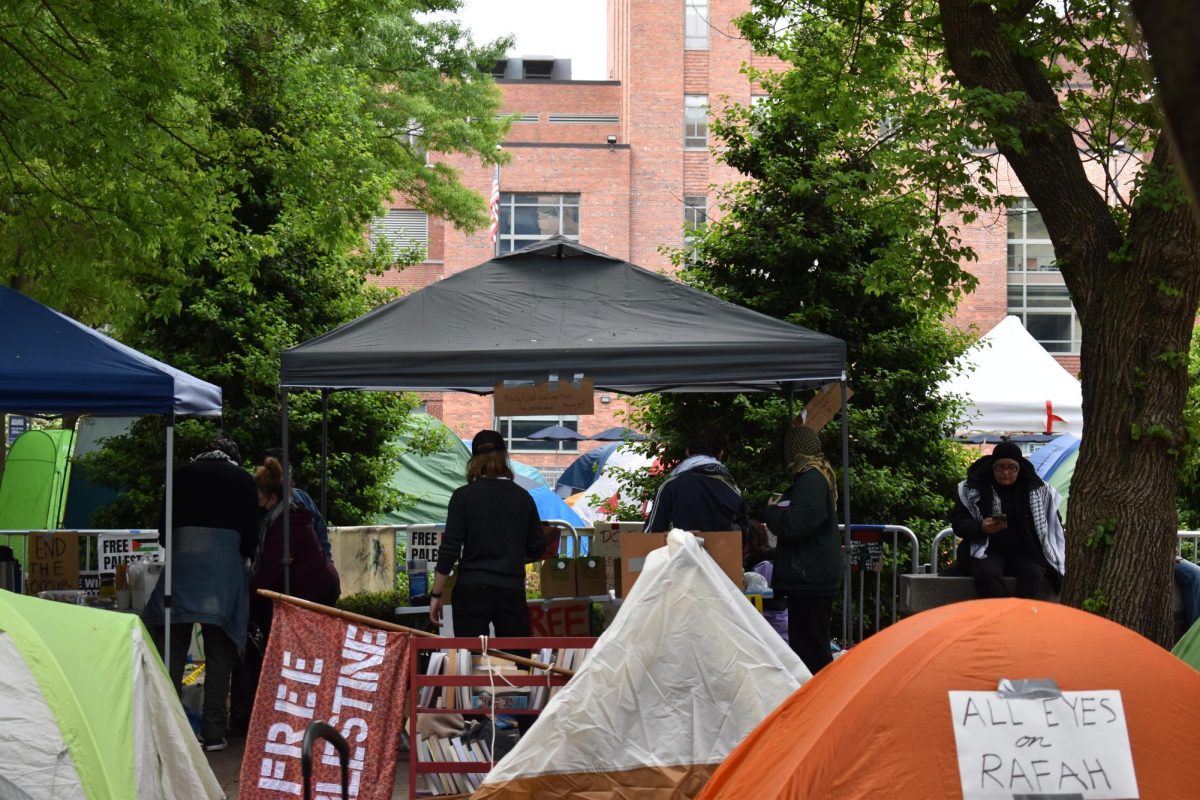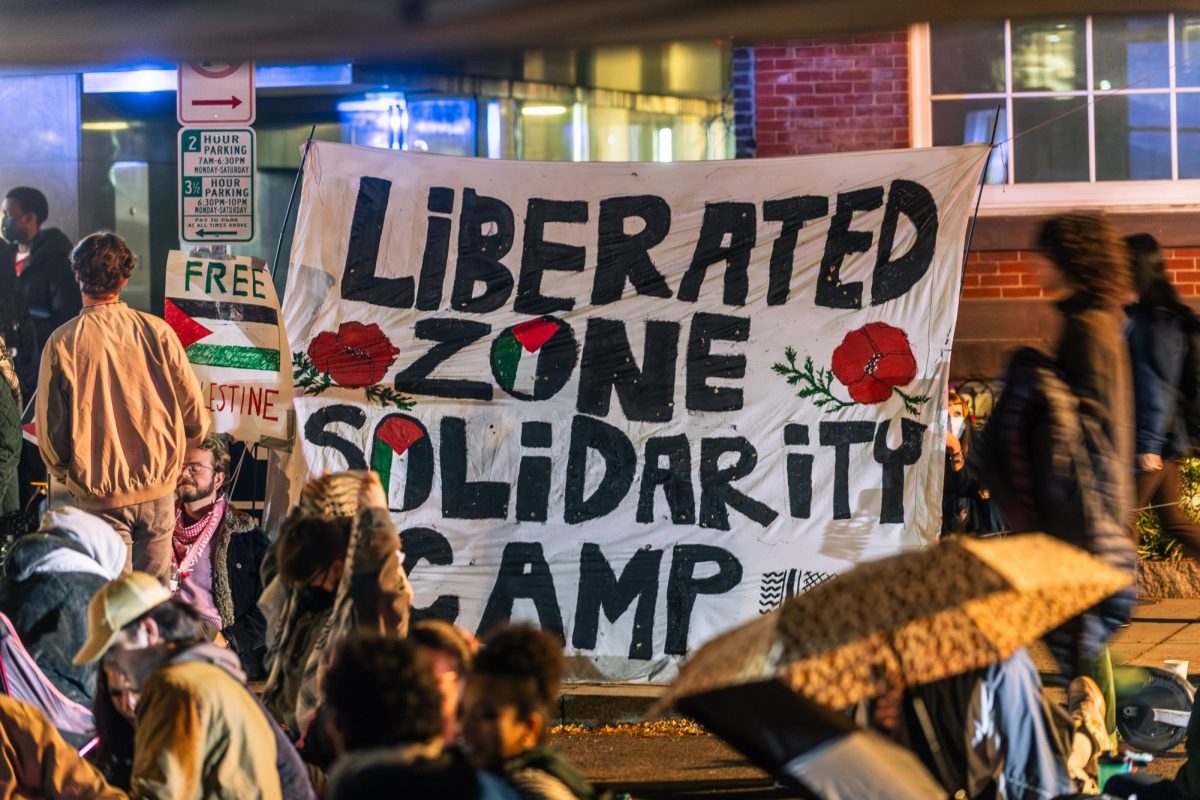Foggy Bottom community members are delivering meals and groceries to elderly residents quarantined at home to limit the spread of COVID-19.
Community members and local leaders are working with Foggy Bottom West End Village – a group that organizes services and social activities for elderly residents – to pack and deliver meals to seniors who can’t leave home. Denise Snyder, the organization’s executive director, said she’s focused on ensuring elderly residents don’t feel socially isolated while they comply with Mayor Muriel Bowser’s stay-at-home order implemented last month.
“Trying to counter that dynamic is one of the cores of what we have always done,” Snyder said. “And it’s definitely underlying what we’re doing now because obviously people’s social isolation has escalated due to this health crisis.”
Snyder said Foggy Bottom West End Village volunteers have been grocery shopping for elderly residents to ensure they still get the food items they need during the pandemic.
She said World Central Kitchen, a D.C.-based non-profit run by celebrity chef José Andrés, has been donating the meals to deliver. Snyder said the group is prioritizing meal deliveries to elderly residents who can’t cook at home or shouldn’t leave the house often to grocery shop themselves.
Volunteers have been delivering 35 meals to seniors each day since last month, which she said gives elderly residents an opportunity to see another community member and take part in short conversations while maintaining social distancing.
“It’s a no-contact delivery – there’s still an opportunity to see somebody six feet away – but a chance to put your eyes on somebody and have a brief conversation when the meal is dropped off,” she said.
Snyder added that the organization is hosting virtual happy hours and coffee meetings via Zoom so elderly residents have an opportunity to socialize with one another. She said the online meetings are the only time that some seniors are able to contact their friends.
“One of the positive aspects about the village is that we have over the years built a very significant network, so people know each other,” she said. “And being able to see their friends online on Zoom or see our volunteers when they come by with groceries or meals is often the only time they get that kind of contact.”
Marina Streznewski, the president of the Foggy Bottom Association, said she and other community members have been volunteering to prepare and deliver the meals to elderly residents.
“We are participating with the Foggy Bottom West End Village and the two organizations are working together to deliver meals to seniors,” she said. “We bring them lunch basically every day.”
James Harnett, a senior and ANC commissioner who’s still living on campus, said he started volunteering a couple of times each week to deliver meals because he has more free time now that classes have moved online.
“It’s important that, as this crisis continues, we’re getting people who are in less vulnerable positions to volunteer their time, especially people that are able to self-isolate when they’re not otherwise out delivering food,” he said.
Harnett said the residents he delivers to are grateful for their meals, and he enjoys speaking with them while remaining socially distant.
“It’s great interacting on obviously a very limited basis with the people that we’ve delivered food for, but they’re always incredibly gracious and that’s what brings me back every day to help do it again,” he said.
Video by Heidi Estrada. Story by Lia DeGroot and Vivi Mehren.


